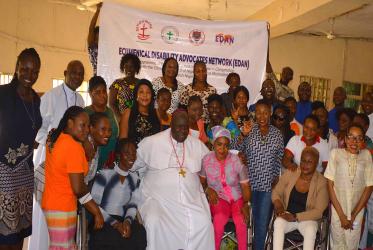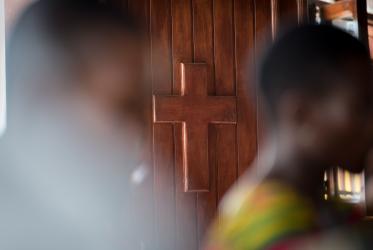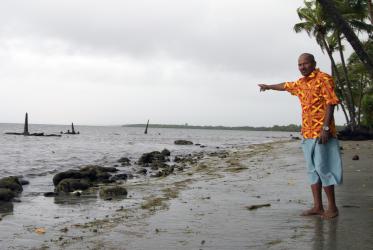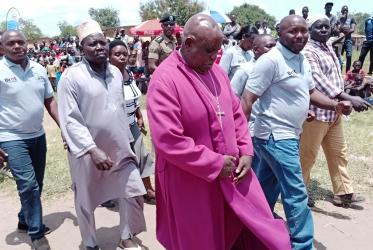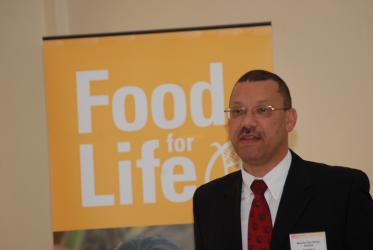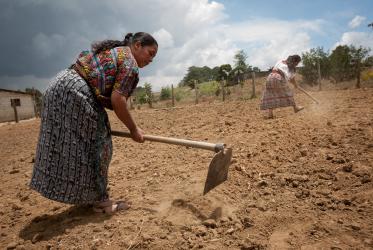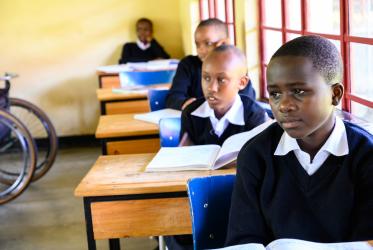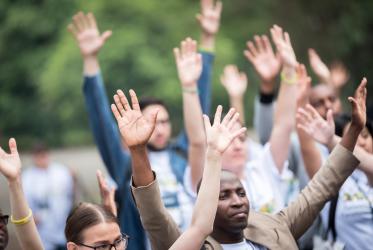Displaying 41 - 60 of 222
Churches should use their voice on climate change
26 February 2020
"Mission for God’s people” explored at seminar in Kenya
20 February 2020
WCC mourns passing of Prof. Vuyani Vellem
09 December 2019
The cry of the Papuans in Indonesia
14 November 2019
Religious leaders from South Sudan cherish those who host refugees
23 September 2019
Mission and people with disabilities
26 June 2019
